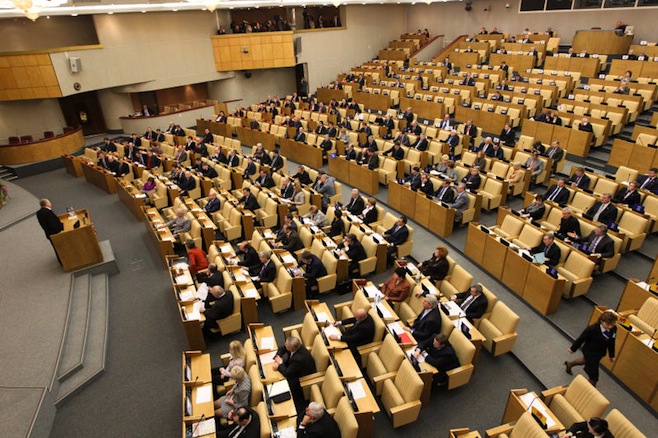The State Duma is planning to introduce a limit on private investment, which is directed to various projects, including cryptoactive assets , RBC reports.
According to the draft law on the regulation of crowdfunding platforms, which is being prepared for consideration by the State Duma, individuals who do not have the status of a qualified investor will be allowed to invest no more than 600 thousand rubles a year in crowdfunding with the condition that investments in one project should not exceed 100 thousand rubles.
It clarifies the Central Bank, to invest more than 600 thousand rubles a year will be possible only to persons who have received the status of a qualified investor in accordance with the law "On the Securities Market."
“Investing through crowdfunding (investment) platforms is highly risky and can lead to the loss of all invested funds in full. With the aim of accepting such risks by unqualified investors, a limit on the volume of investment during one year is introduced to no more than 600 thousand rubles , ”explain the representatives of the Bank of Russia.
This innovation directly affects ICO-projects that are associated with the release of digital assets. The amount indicated by the State Duma is extremely small, say representatives of the Russian Association of Cryptoindustry and Blockchain (RACIB), because usually the average private investor can invest about 1-3 million rubles a year into an ICO project using crowdfunding sites. That is why the association suggested that officials set a limit of 2 million rubles instead of 600 thousand rubles.
The draft law on the regulation of crowdfunding platforms is being prepared for consideration by the State Duma in the second reading, which is scheduled for January 2019.
Recall that the cryptoindustry in Russia is not regulated at all. Currently, the State Duma is considering a draft law “ On digital financial assets ”, which can be adopted in the spring of 2019.
At the same time, the Deputy Prime Minister of the Russian Federation believes that one should be extremely cautious when finalizing this draft law, since cryptographic shows a rather strong volatility.
Share your opinion on this issue in the comments below.

